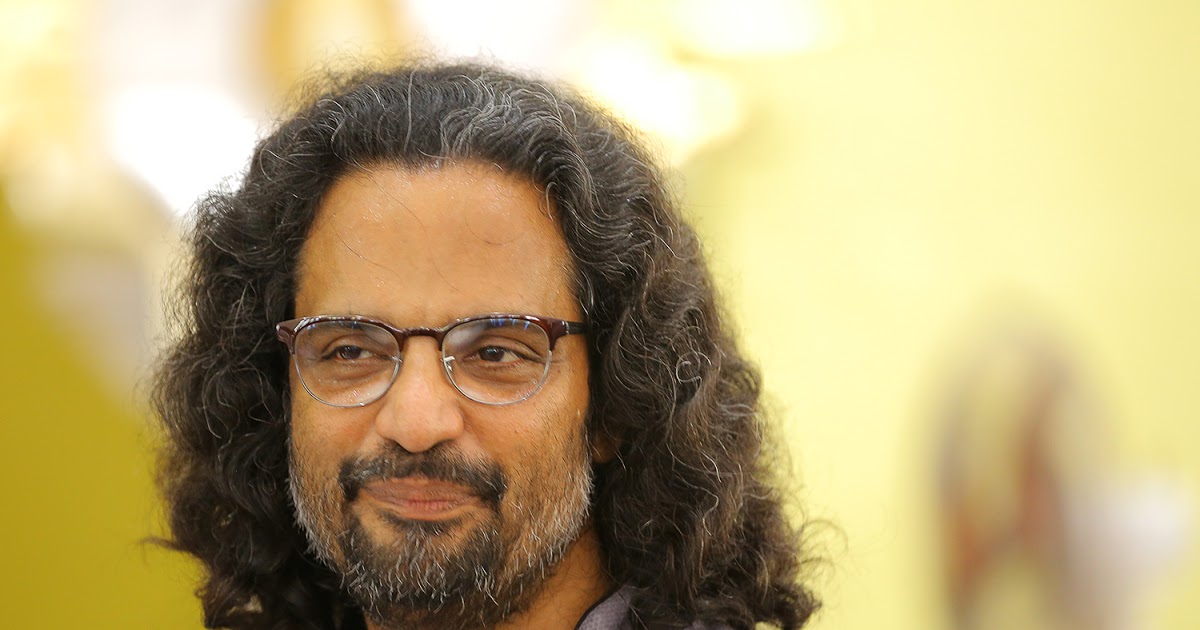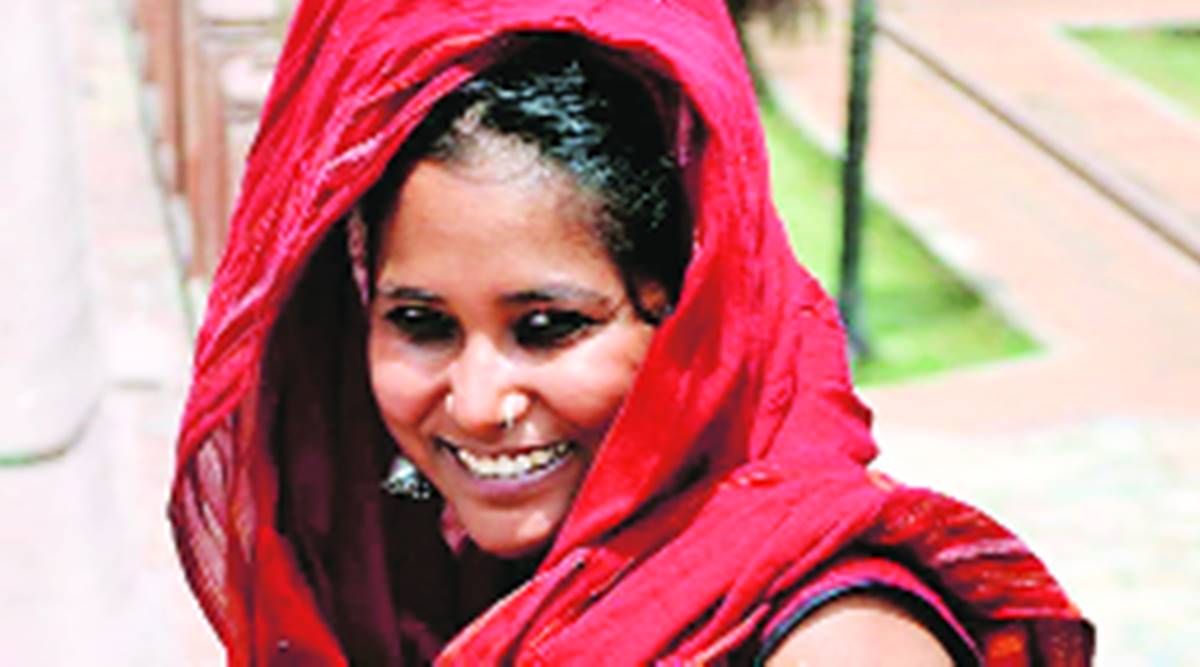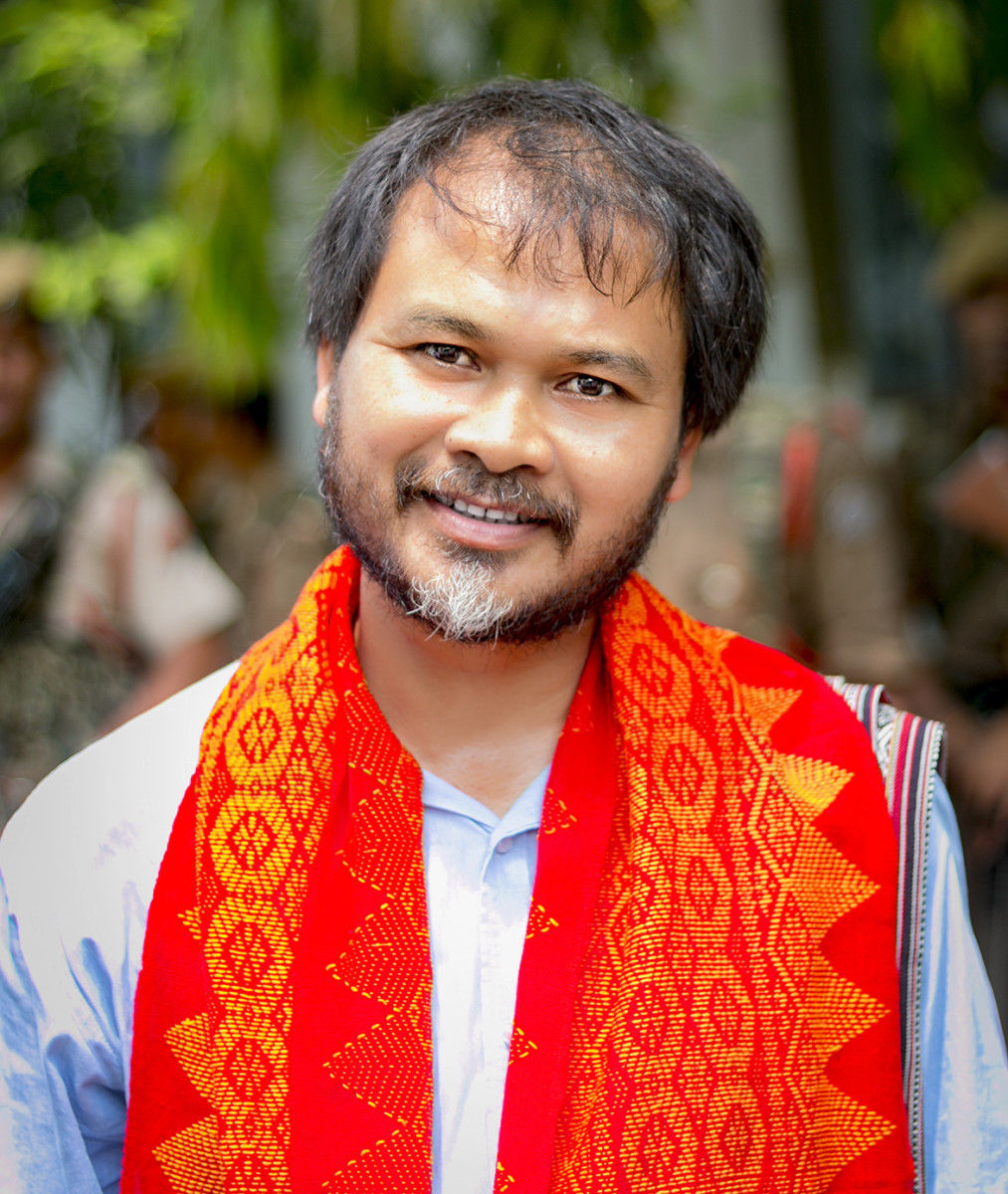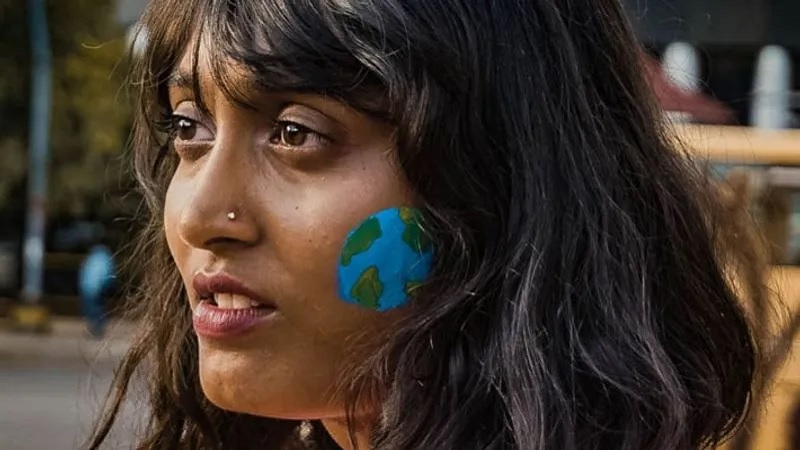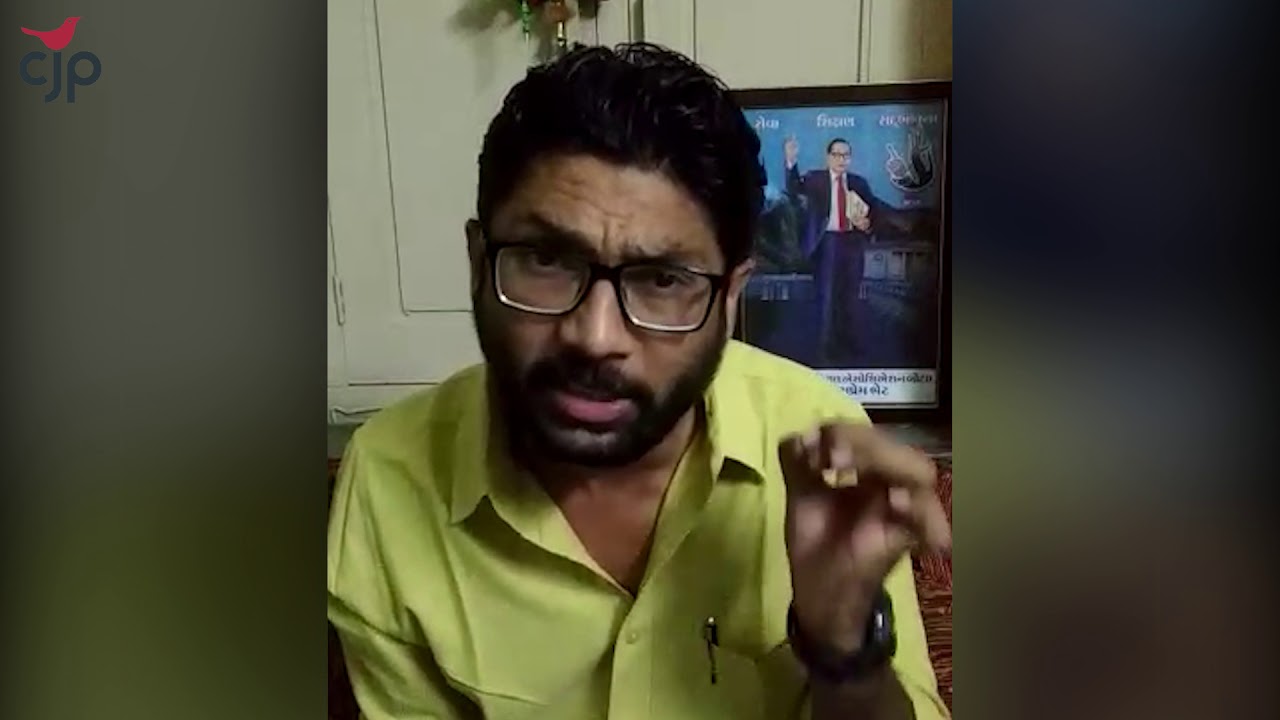Citizens for Justice and Peace

KHALID SAIFI
Khalid Saifi is a member of United Against Hate. He was implicated in the February 2020 Delhi violence case after being accused of dropping Delhi violence accused Tahir Hussain outside a building on February 27 and then seen entering the building with Umar Khalid.
Charges
IPC Sections 109 and 114 (abetment), 147, 148, (rioting), 149 (unlawful assembly), 153A (promoting enmity between different groups), 186 (obstructing a public servant from doing his duty), 212 (harbouring offender), 353 (assault or criminal force to deter public servant), 395 (dacoity), 427 (causing mischief), 435, 436 (causing mischief by fire), 452, 454 (trespassing), 505 (public mischief), 34 (acts done by several persons in furtherance of common intention), 120 (B) (criminal conspiracy), 124A (sedition), and UAPA Sections 13 (unlawful activities), Section 16 (terrorist acts), Section 17 (raising funds for terrorist acts) and Section 18 (conspiracy).
ISHRAT JAHAN
An advocate, activist and a political leader, Ishrat Jahan, has been incarcerated in connection with the Delhi Riots conspiracy case. She was the first woman to become Congress’ Municipal Councilor from 2012-17, and had reportedly also been associated with the All India Congress Committee (AICC). She has been facing constant harassment and physical abuse from fellow inmates and has also developed medical issues like hypertension, anxiety and also suffered a spinal injury after taking a fall in prison.
Charges
Sections 13 (Punishment for unlawful activities), 16 (punishment for terrorist act), 17 (punishment for raising funds for terrorist act) and 18 (punishment for conspiracy) of the UAPA. Sections 147 (rioting), 149 (unlawful assembly), 307 (attempt to murder), 186 (voluntarily obstructing public servant on duty) of the Indian Penal Code.
RONA WILSON
Rona Wilson is the public relations secretary for Committee for Release of Political Prisoners. He was at the forefront of the struggle to release SAR Geelani in the 2001 Parliament attack case. A voracious reader, he continues to prepare for his PhD from jail where he has been lodged for over 2 years now.
Charges
Sections 153A (promoting enmity), 501(1)(b) (statements conducing to public mischief), 117 (abetting commission of offence by the public or by more than ten persons), 120(B) (criminal conspiracy), 121 (waging war against Government of India), 121(A) (Conspiracy to commit offences punishable under Section 121), 124(A) (sedition) and 34 (common intention) of the Indian Penal Code (IPC) read with Sections 13 (advocating, abetting or inciting unlawful activity), 16 (terrorist acts), 17 (punishment for raising funds for terrorist act), 18 (conspiracy),18(B)( Punishment for recruiting of any person or persons for terrorist act), 20 (being member of terrorist gang or organisation), 38 (membership of a terrorist organisation), 39 (supporting terrorist organisation) and 40 (fundraising for terrorist organisation) of the Unlawful Activities (Prevention) Act, 1967 (UAPA)
NATASHA NARWAL
One of the founding members of Pinjra Tod- a women’s collective that works for making hostels and Paying Guest accommodations less restrictive for women, Natasha Narwal has been devoted to women’s issues and advocates for gender and student rights.
Charges
Sections 13 (unlawful activities), 16 (terrorist activity), 17 (raising funds for terrorist act) and 18 (conspiracy) of UAPA. Sections 147 (rioting),148 (rioting with deadly weapon),149 (member of unlawful assembly guilty of offence) 186 (obstructing public servant), 302 (murder), 353 (assault or use criminal force against public servant), 120B (criminal conspiracy), 427 (mischief) of IPC. Sections 25 and 27 (punishment for possessing arms) of the Arms Act. Sections 3 and 4 (public mischief caused to damage public property) of the Prevention of Damage to Public Property Act.
DEVANGANA KALITA
Co-founder of Pinjra Tod, Devangana Kalita, is a women’s rights activist and was also a part of the anti-CAA protests in Delhi.
Charges
Sections 147 (rioting), 148 (rioting, armed with a deadly weapon), 149 (unlawful assembly), 186 (obstructing public servant), 188 (disobedience to order duly promulgated by public servant), section 302 (murder), section 307 (attempt to murder), 120-B (criminal conspiracy), 109 and 114 (abetment), 124A (sedition), 153A (promoting enmity), 186 (obstructing public servant), 201 (disappearance of evidence), 212 (harbouring offender), 295 (defiling place of worship, with intent to insult the religion of any class), 341 (wrongful restraint), 353 (assault or criminal force to deter public servant), 395 (dacoity), 419 (impersonation), 420 (cheating), 427 (mischief causing damage), 435 and 436 (mischief by fire or explosive substance), 452 and 454 (house trespass), 468 (forgery for purpose of cheating), 471 (using as genuine a forged document), and 34 (common intention) of the Indian Penal Code (IPC), Sections 3 and 4 of the Prevention of Damage to Public Property Act (PDPP), Sections 25 and 26 of Arms Act, and Sections 13 (advocating, abetting or inciting unlawful activity), Section 16 (terrorist acts), Section 17 (raising funds for terrorist acts) and Section 18 (conspiracy) of the Unlawful Activities (Prevention) Act (UAPA).
ATHAR KHAN
Athar is a 25-year-old who actively participated in the anti CAA protests held at the Chand Bagh protest site in New Delhi in 2020. He was initially drawn towards the movement after he was disturbed by the horrific incidents at Jamia Millia Islamia University where peaceful protesters were beaten up. He began to take part in the protests at Jamia every Sunday in 2020 and got more and more involved in understanding the ramifications of the Citizenship Amendment Act, 2019. He was pursuing his distance education (BBA) at Sikkim Manipal University (SMU) when he was arrested in July 2020.
Charges
IPC sections of 124A (sedition) 153A (promoting enmity between religious groups), 186 (Obstructing public servant in discharge of public functions), 201 (causing disappearance of evidence), 212 / 295 (insulting someone's religion) / 302 (punishment for murder), 307 (attempt to murder), 353 (Assault or criminal force to deter public servant), 395 (dacoity), 34 (acts done by several persons in furtherance of common intention). Sections 13 (punishment for unlawful activities), 16 (punishment for terrorist act), 17 (punishment for raising funds for terrorist act), and 18 (punishment for conspiracy) of UAPA.
AKHIL GOGOI
Perhaps best known as a peasants' rights activist, Akhil Gogoi is also a known crusader against corruption. He is the recipient of Shanmugam Manjunath Integrity Award 2008 for his undeterred fight against corruption, National Right to Information Award by Public Cause Research Foundation. He is also the founder of the Krishak Mukti Sangram Samiti (KMSS) in Assam. He also won a state assembly election, contesting from behind bars, and is now the MLA from Sibsagar.
Charges
Gogoi has been charged by Assam Police in 12 cases. IPC sections 120B (criminal conspiracy). 124A (sedition), 153A (promoting enmity between different groups on grounds of religion, etc), 153B (imputations, assertions prejudicial to national integrity), 144 (unlawful assembly) sections 18 (punishment for conspiracy) and 39 (support given to terrorist organisation) of UAPA. Sections 3 and 4 (public mischief caused to damage public property) of The Prevention of Damage to Public Property.
DISHA RAVI
Disha Ravi is a 21-year-old climate activist and founder of Fridays for Future campaign, a people’s movement for climate justice in India. In pursuance of her interest in climate change and vegan food habits, she also works as a culinary experience manager with GoodMylk, a company involved with making plant-based food accessible and affordable to people. She has been arrested in connection with editing a ‘toolkit’, that the Police claim was put together by a “pro-Khalistani group” named Poetic Justice Foundation (PJF) for the farmers’ protest on social media.
Charges
Sections 124A (sedition), 120A (criminal conspiracy) and 153 A (promoting enmity between different groups) of the Indian Penal Code
JIGNESH MEVANI
The independent Member of Legislative Assembly (MLA) from Vadgam constituency in Gujarat, was arrested by Assam Police in connection with two tweets containing allegedly offensive content against Prime Minister Narendra Modi. The Dalit rights activist-turned-politician was arrested with scant regard to procedures surrounding arrest of a sitting MLA, and taken to Assam the following day. After he got bail in the case he was re-arrested in connection with a case where he stands accused of assaulting a woman officer of the Assam Police.
Charges
Twitter case: IPC sections 120 B (criminal conspiracy), 153 A (promoting enmity between groups), 295 A (outraging and insulting religious beliefs), 504 (insult with intent to provoke) and 505 (public mischief). Assault case: IPC sections 294 (obscene acts and songs), 323 (voluntarily causing hurt), 353 (assault or criminal force to deter a public servant from discharging duty) and 354 (outraging the modesty of a woman).



